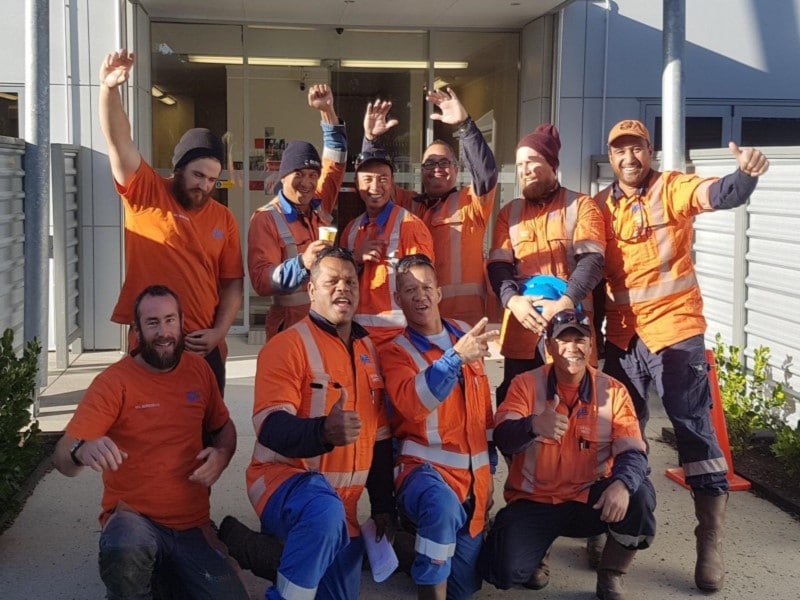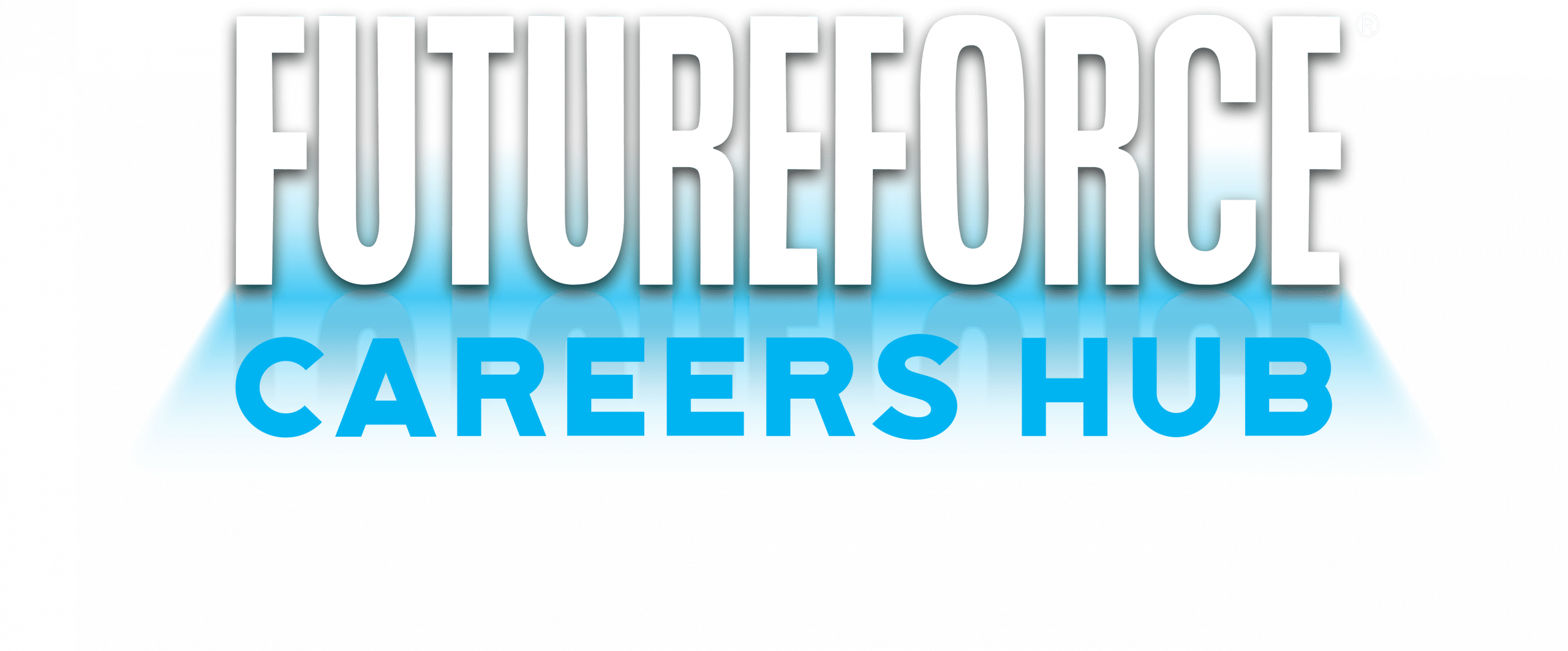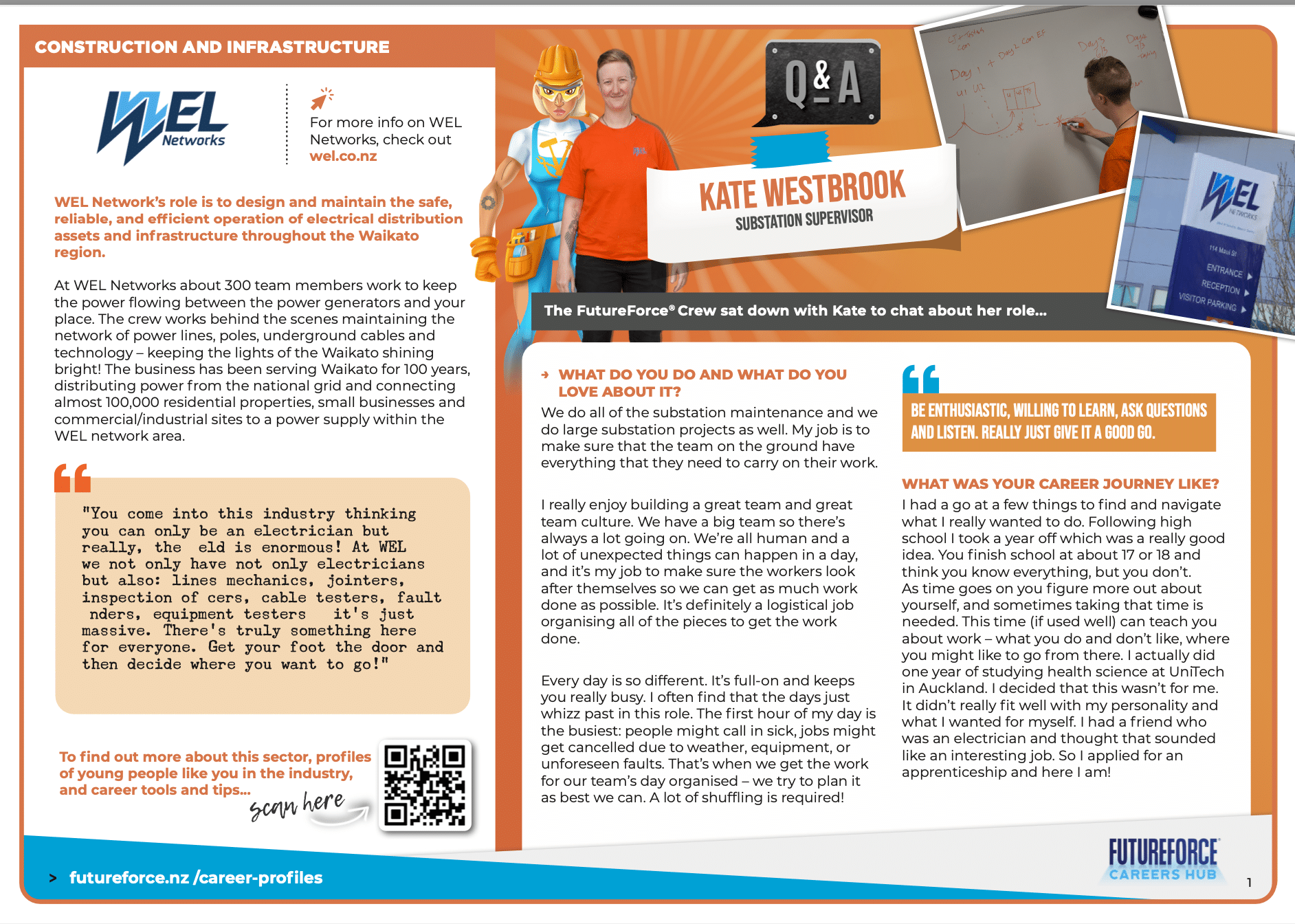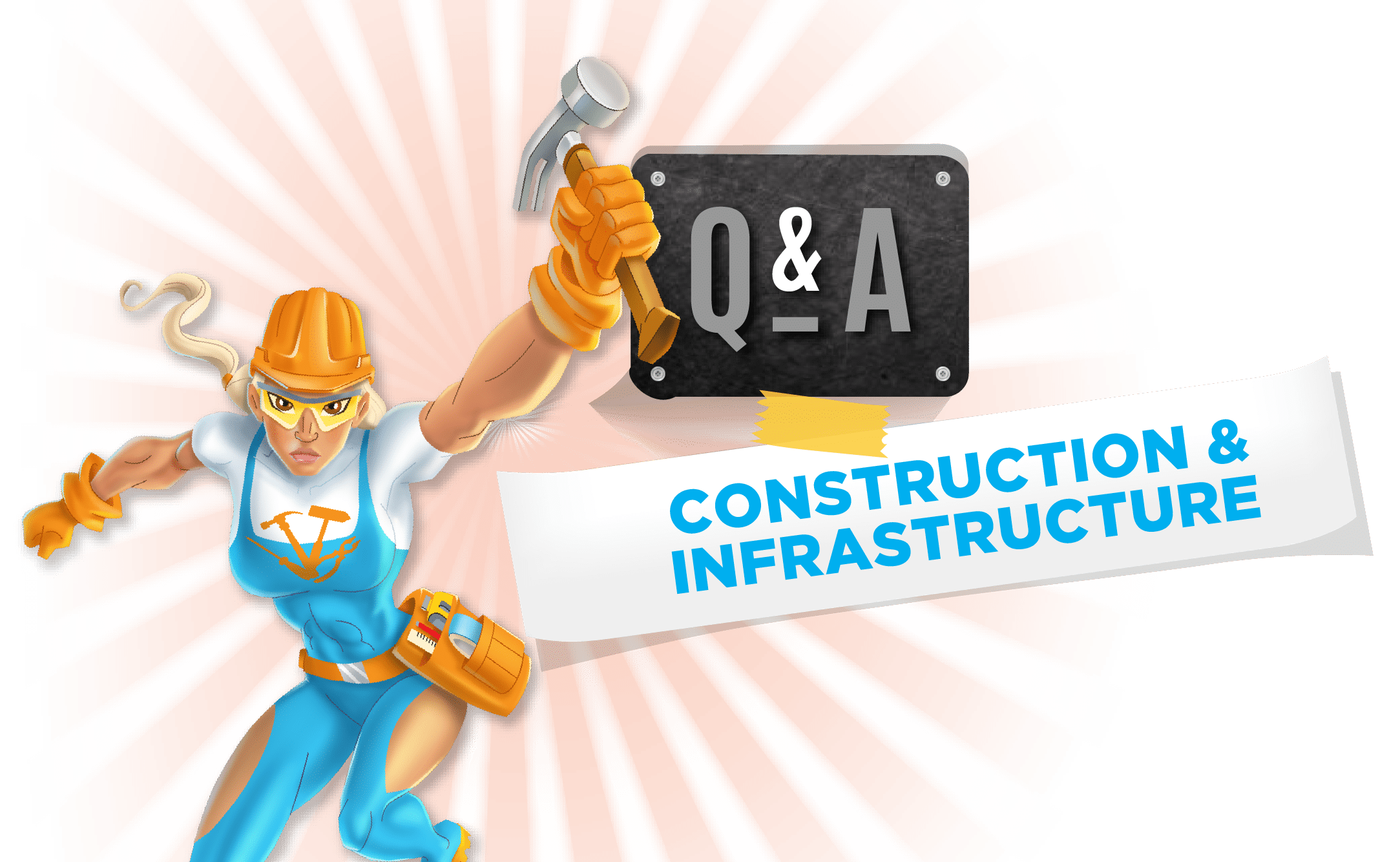
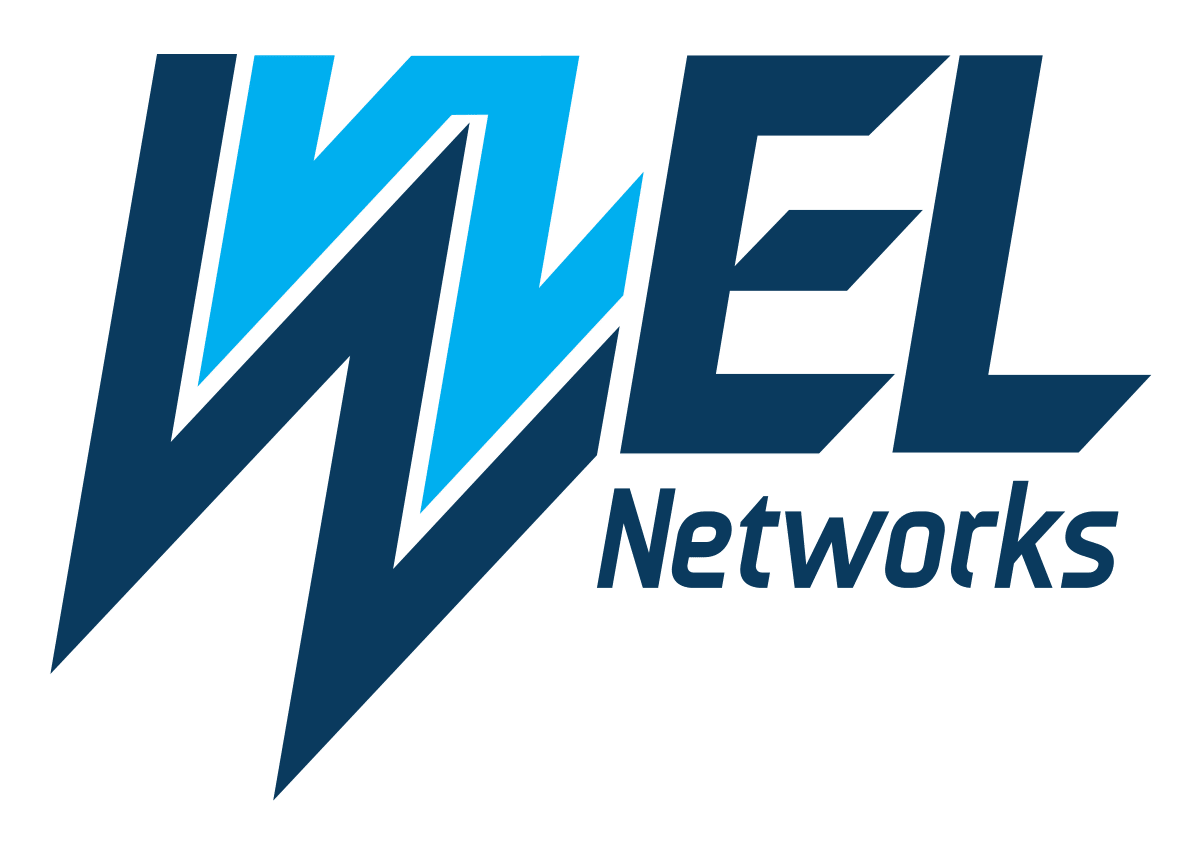
Keeping the lights of the Waikato switched on is all in a day’s work for Kate…
The former Sacred Heart Girls’ College student is a Substation Supervisor, and one of a team of about 300 people at WEL Networks working to keep the power flowing between power generators and your place.
“You come into this industry thinking you can only be an electrician but really, the field is enormous! At WEL we not only have electricians but also: lines mechanics, jointers, inspection officers, cable testers, fault finders, equipment testers – it’s just massive. There’s truly something here for everyone. Get your foot the door and then decide where you want to go!”
WEL’s role is to design and maintain the safe, reliable, and efficient operation of electrical distribution assets and infrastructure throughout the Waikato region. The business has been serving Waikato for 100 years, distributing power from the national grid and connecting almost 100,000 residential properties, small businesses and commercial/industrial sites to a power supply within the WEL network area.
Many of the WEL Network’s team work behind the scenes maintaining a network of power lines, poles, underground cables and technology.
FutureForce® visited Kate to find out more about her exciting career so far…
Kate Westbrook
Substation Supervisor
Top Career Tip
“Be enthusiastic, willing to learn, ask questions and listen. Really just give it a good go.”
A Chat with Kate about her Role
Kate Westbrook
Substation Supervisor
Former Sacred Heart Girls College Hamilton student
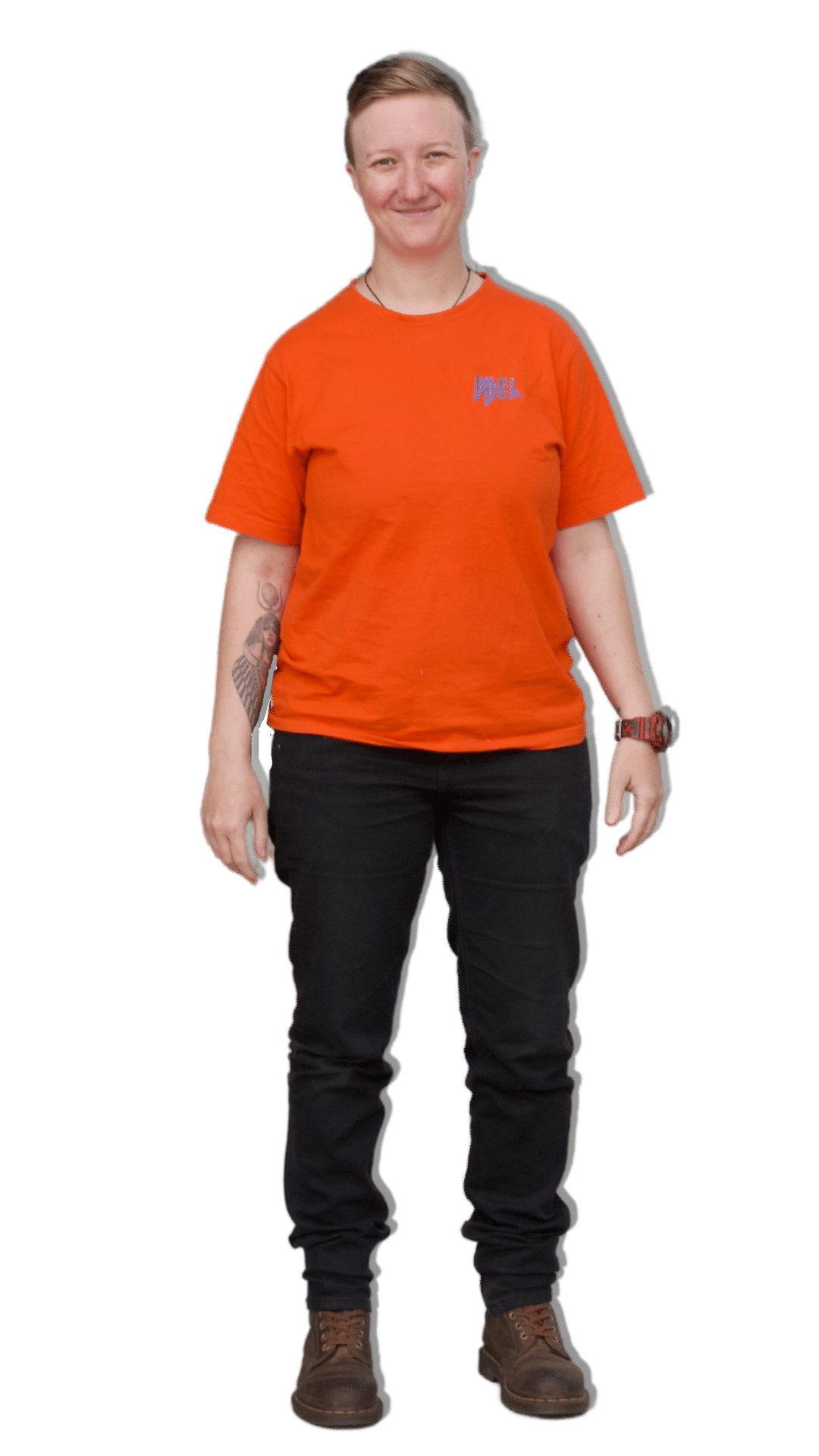
What do you do and what do you love about it?
We do all of the substation maintenance and we do large substation projects as well. My job is to make sure that the team on the ground have everything that they need to carry on their work.
I really enjoy building a great team and great team culture. We have a big team so there’s always a lot going on. We’re all human and a lot of unexpected things can happen in a day, and it’s my job to make sure the workers look after themselves so we can get as much work done as possible. It’s definitely a logistical job organising all of the pieces to get the work done.
Every day is so different. It’s full-on and keeps you really busy. I often find that the days just whizz past in this role. The first hour of my day is the busiest: people might call in sick, jobs might get cancelled due to weather, equipment, or unforeseen faults. That’s when we get the work for our team’s day organised – we try to plan it as best we can. A lot of shuffling is required!
How did you get this job?
I’d been working at WEL Networks as a fitter for seven years in the same team I’m now supervising. Then I went to Australia for a few years and this position came up six months after I returned. I threw my hat in the ring and got it! I just had a go really. The worst case scenario was staying in a job that I already liked. Applying for this position was a win either way!
What was your career journey like?
I had a go at a few things to find and navigate what I really wanted to do. Following high school I took a year off which was a really good idea. You finish school at about 17 or 18 and think you know everything, but you don’t. As time goes on you figure more out about yourself, and sometimes taking that time is needed. This time (if used well) can teach you about work – what you do and don’t like, where you might like to go from there. I actually did one year of studying health science at UniTech in Auckland. I decided that this wasn’t for me. It didn’t really fit well with my personality and what I wanted for myself. I had a friend who was an electrician and thought that sounded like an interesting job. So I applied for an apprenticeship and here I am!
Have there been any challenges with your current job?
I’ve been in this job almost a year now. I’ve been in the industry for about 12 years. I worked in the field at first where you sort of look after yourself and your work. Then I moved into this job where I no longer look after myself primarily, but I look after my team all the time. It’s a lot more than one person and at first I found that quite difficult. Now I’m in my stride – I’m getting a hang of it and the team know what to expect from me, and I know what to expect from them. I had to get out of that tunnel vision of only looking out for myself in this role, and had to think big picture, supervising the team around me.
Earlier in my career, being female was definitely a bit of a challenge. People just didn’t think you could do it. I felt like I had to be better just to be considered equal. But in saying that, that was a lot more prevalent earlier in my career. Things have improved within the industry in recent years. Times are changing and I feel there’s a more equal footing being female – have the grit to put your heel down, keep going and know things will get better. Know that you’re good at your job and prove that you’re good at your job.
Are you studying as part of your career?
Something I’m wanting to undertake this year is basic level management courses. Although I have a good understanding of what the work involves, my next step is to hone my management skills. You can always improve, nothing’s ever perfect.
What sort of person do you need to be for this role?
-
- A problem-solver.
- Agile – you’ve got to solve problems quickly and then move to the next thing. You will have to go back and forth a few times, so you need to multi-task and be focused on what your priority is.
- Decisive – you have to make a decision – you can’t sit on the fence. It doesn’t have to be a hasty decision but think about it, make the decision, and just run with it.
- Impartial when making decisions.
- Safety focused – safety is paramount in the industry we work in and safety takes priority over deadlines.
- A team player – even though you’re the one supervising, you have to work together as a team.
- Open-minded.
- Fair and equitable.
What school subjects are useful for this type of role?
Maths, physics and any practical/hands-on type subjects like metalwork, woodwork, machinery etc. A lot of the jobs use tools, so it’s helpful having an understanding of those tools prior to coming in.
“You finish school at about 17 or 18 and think you know everything, but you don’t. As time goes on you figure more out about yourself, and sometimes taking that time is needed.”
What have you learnt on the job?
Everything. I’ve definitely learnt to be more agile – I can move quickly from one thing to the next while still keeping track of all of those things. That was a big change from before where I’d be given one job, work on that one job, and only focus on that. Now I’m given a lot of things to juggle at once.
Other people’s lives are a lot more complicated than you realise. When they’re your co-workers they may not share or talk about personal things. But when you’re a supervisor, people come to you with a lot of those things that are going on in their lives.
What's the best thing about working at WEL Networks?
WEL Networks talks the talk and truly values the wellbeing of workers. You’ve got to look after people. Personal wellbeing is the most important thing. Only good things come from this – it’s a win-win for the company and most importantly, for our workers. “WEL”being (excuse the pun) is a high priority here.
What do you wish before you left school?
How big the electrical industry actually is. You come into it thinking you can only be an electrician but really, the field is enormous. At WEL we not only have electricians but also: line mechanic, jointers, inspection officers, cable testers, fault finders, equipment testers – it’s just massive. If you start out and find a specific position isn’t for you, there are so many other things that branch out of that. I truly believe there’s something for everyone. Get your foot in the door and then decide where you want to go.
You don’t have to know what you want to do. Take some time to figure out what you really want to do. It’s good to find an industry that you want to get into and then build from there.
What advice would you give someone deciding on their career?
Have a look at some different careers and see if you can do a day or week trial in that job. Get out and give it a go! WEL Networks has a work experience programme where we take on trainees interested in our industry and allow them to have a real-life insight into the variety of mahi that goes on here. Find out what the career you may be looking into actually looks like. You might be surprised in a good or bad way, how it actually is day-to-day.
What advice do you have for keeping balanced and managing stress?
Always take time for your wellbeing. Keep a good eye on how you’re feeling, what’s going on, and then take time out. We have a quiet space here for when things get stressful at work, so you can have a breather and just relax for a moment.
I have a work phone and a personal phone. When it’s not work time, my work phone goes away. That’s how I get the balance between the two right. It’s important to always separate home and work time. For me I find when I go home, the work phone stays by the door with my keys.
What is the best career advice you've ever received?
Always listen to other people, even if they’re explaining stuff for the 100th time. There might be a little nugget of gold in there that you haven’t heard before. Especially when you’re starting out, there’s a lot of information you’ll be taking in, but do you are best to listen to it all.
More About WEL NEtworks
Based in Hamilton, WEL Networks plays an essential role in the region’s economic and social development by identifying and investing in new technologies that will modernise our network and future-proof our region.
Team members work across departments including…
Technology, Asset Management, Finance, Works Programme, Commercial Engagement, Business Investment and Strategy, Civil Utilities, Vegetation, Maintenance, Engineering, Customer Service, Overhead Lines and Faults, People and Performance and Procurement.
Traineeships at the business offer excellent earn-while-you-learn opportunities.
